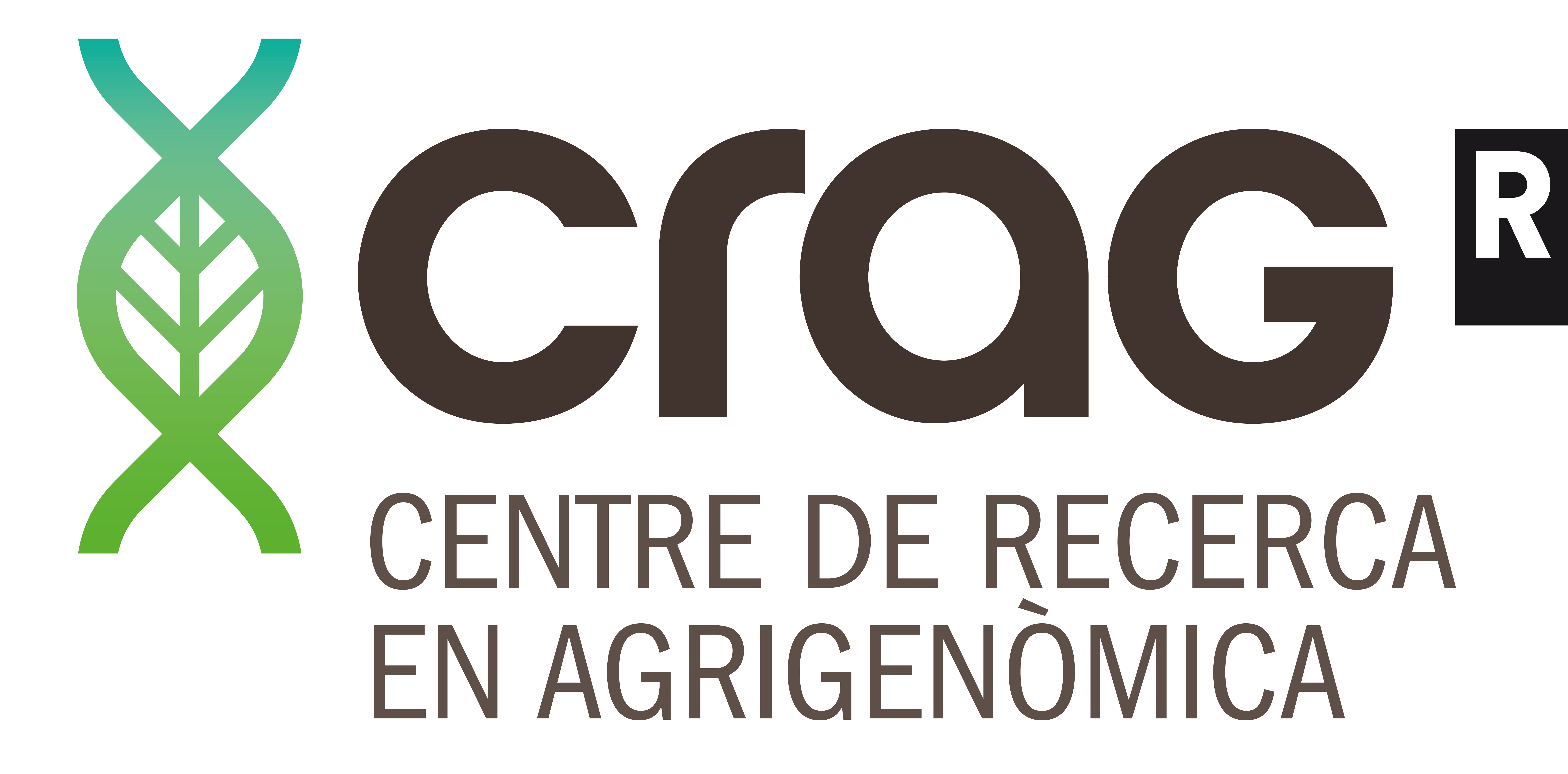1. Are genetically modified foods safe to eat?
According to the World Health Organisation (WHO), genetically modified (GM) foods are safe to eat. The WHO states that GM foods are subject to safety assessments that are no different from those applied to conventional foods. Furthermore, most notable organisations and studies have demonstrated that transgenic foods are safe and sustainable. However, there is certain social controversy as some people claim that these products can be harmful to human health and the environment.
2. If I eat a transgenic fruit, can its DNA become integrated into the DNA of my cells?
No, if you eat a transgenic fruit, its DNA cannot become integrated into the DNA of your cells. When you eat a fruit, whether it is transgenic or non-transgenic, its DNA is broken down into its building blocks (nucleotides) during digestion. These components are absorbed by the body and used to produce new DNA and other important molecules, but they are not directly integrated into the DNA of your cells. This means that there is no risk of DNA from a transgenic fruit to become integrated into your own DNA when you eat it.
3. If I live in the European Union, can I find out which foods are transgenic in the supermarket?
Yes, in the European Union, transgenic foods are highly regulated and must be labelled as such. Even so, it is almost impossible to find human food made from transgenic raw materials, although they are widely used in animal feed. This means that you can check product labels to see if they contain transgenic ingredients.
4. Do transgenic foods involve an increased risk of causing allergies?
There is no evidence to suggest that transgenic foods have a higher risk of causing allergies than non- transgenic foods. However, some people are concerned that transgenic foods may trigger an allergic reaction because they contain foreign genes. It is important to note that before transgenic foods are approved for consumption, their potential allergenicity is assessed by regulatory bodies such as the European Food Safety Authority (EFSA). So far, no food derived from GMOs has been found to cause new allergies.
5. Are there limits to gene-editing technology? Can genes be created?
Yes, there are limits to gene-editing technology. Although this tool has the potential to enhance and modify the existing characteristics of an organism, it cannot be used to create entirely new characteristics from scratch.
6. Could transgenic plants cross with conventional plants and transfer their modified genes?
Yes, it is possible for transgenic plants to cross with conventional plants and transfer their modified genes, just like any other plant. This can occur when plants are of the same or closely related species. Even so, there are safety measures to minimise the risk of gene flow between transgenic and conventional plants, such as separating the crops in space and time. Additionally, most transgenic crops are sterile, which means that they cannot produce viable seeds and transfer their genes to other plants.
7.Who has access to gene-editing technology and who markets it?
Gene editing technology is being used by researchers around the world to develop new crop varieties. In terms of this technology, there are many companies that develop and market gene-edited crops. However, access to this technology may vary and may be more or less accessible to small producers depending on the regulations applied to it.
8. Do genetically modified organisms evolve?
Yes, evolution is a natural process that occurs in all life forms, including genetically modified organisms. Genetically modified organisms may undergo changes in their genetic material due to either random mutations or natural selection.
9. In the European Union, are genetically modified crops incompatible with organic crops?
In the EU, at present, genetically modified crops are not compatible with organic farming. Organic farming is an agricultural method that avoids the use of synthetic fertilisers, pesticides and genetically modified organisms (i.e., food obtained from GM plants, but not from mutagenic plants).
CRAG Consortium members:

CRAG is a member of:

Outreach project funded by:

